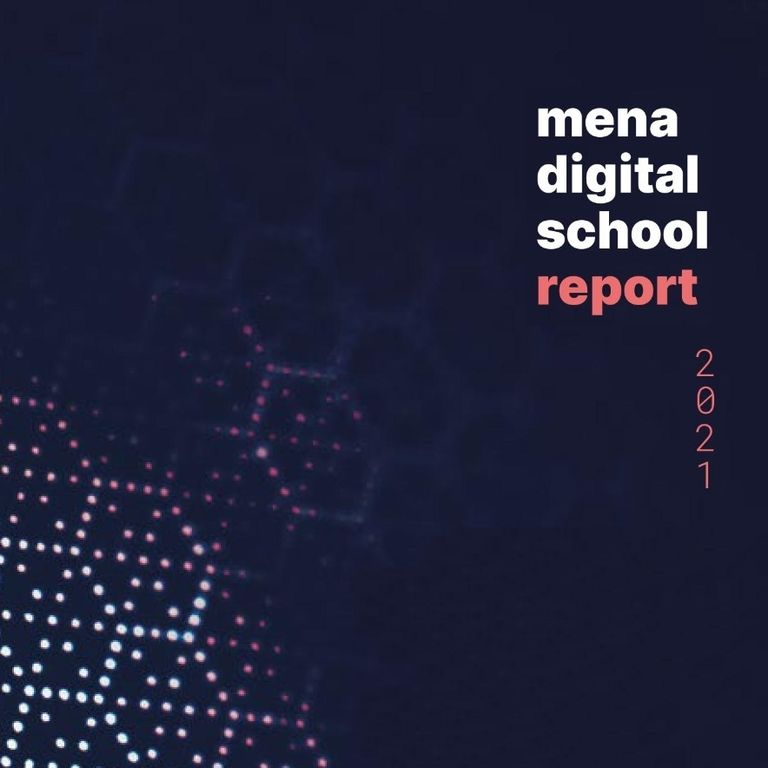Policy Relevance and Development
The theory of change of MENA DS is simple - but addresses complex problems.

The MENA DS initiators believe that the dramatic change entailed by the digital transformation of the world economy and communication will have a strong impact on the MENA region. The nature of this impact will depend on social and political faultlines, and will increase the economic pressure on those who work in the low-paid manufacturing sector. These will be the first to be replaced by robots; in particular, women working in this sector will be hit by mass unemployment.
A lack of competence in addressing this transformation, and an inability to exploit the opportunities that come with it in the MENA region, will exacerbate this process. At the same time, digital tools will be used to suppress diversity, freedom and democratic drivers, since these factors are seen by certain elites and rulers as detrimental to their interests and to their notion of stability.
Digitisation must therefore be implemented differently – democratically, pluralistically, inclusively and to the benefit of more stakeholders. In short, digital transformation must be addressed holistically, and we need digitisation experts who understand the dynamics in economics, economy, technology, science, statehood, public administration, media and society. Only if a critical mass of people from various sectors have adequate training and build adequate networks can the negative impact of digitisation be mitigated and the opportunities be realised.
The MENA DS can have the following positive impact
–> Training and connecting a critical mass of interdisciplinary digitisation experts
–> Sensitisation of societies, states and media to the subject, considering digitisation to be a natural condition, not a threat that needs to be impeded, prevented or used in an exclusive fashion
–> An international network of digitisation experts will be conducive to regional integration between the states of the MENA region
–> Digitisation is a relatively soft topic (as opposed to human rights, rule of law, regional politics) and provides various entry points for soft diplomacy, dialogue and peace building. We jointly focus on a problem that concerns all of us.
–> Digitisation is a joint concern. Europe has no definitive answer for this challenge and can also benefit from capacity-building.
–> German and European experts can use MENA DS to increase their knowledge of the region and build networks
–> Through MENA DS, a new culture of learning, education and cooperation can be promoted
–> Germany and Europe can increase their global footprint in digital transformation, in contrast to the large platform economies, namely China and the US
–> The MENA DS approach can bring together different segments that usually have little overlap, such as the private sector, young talent, administration, security and civil society
–> MENA DS can promote certain alternative elites that understand and implement a more cooperative and more democratic, gender-equal style of management (also public management and conflict management). This means MENA DS is also relevant in terms of mediation and national/international dialogue.
–> MENA DS can also provide professional perspectives for talented people from marginalised communities (refugees, rural areas, women, youth) and mitigate mass migration
–> MENA DS can be an attractive flagship and a symbol of smart/science diplomacy form Germany, contributing to prestige
–> The MENA model can be scaled and adopted to other regions (Sub-Saharan Africa, South America)
–> MENA DS can promote German/European educational curricula in the MENA region, including patent and intellectual property provisions
–> Alumni of MENA DS can become long-term partners of Germany and Europe in the region, helping to stabilise and transform the countries of the region with German know-how
–> To a certain extent, MENA DS can become economically self-sustainable with a mix of public or private scholarships and tuition fees. Demographically, the MENA region is young and in need of education. Elite universities in the UK and the US are increasingly difficult to access and afford. MENA can be an attractive alternative.
